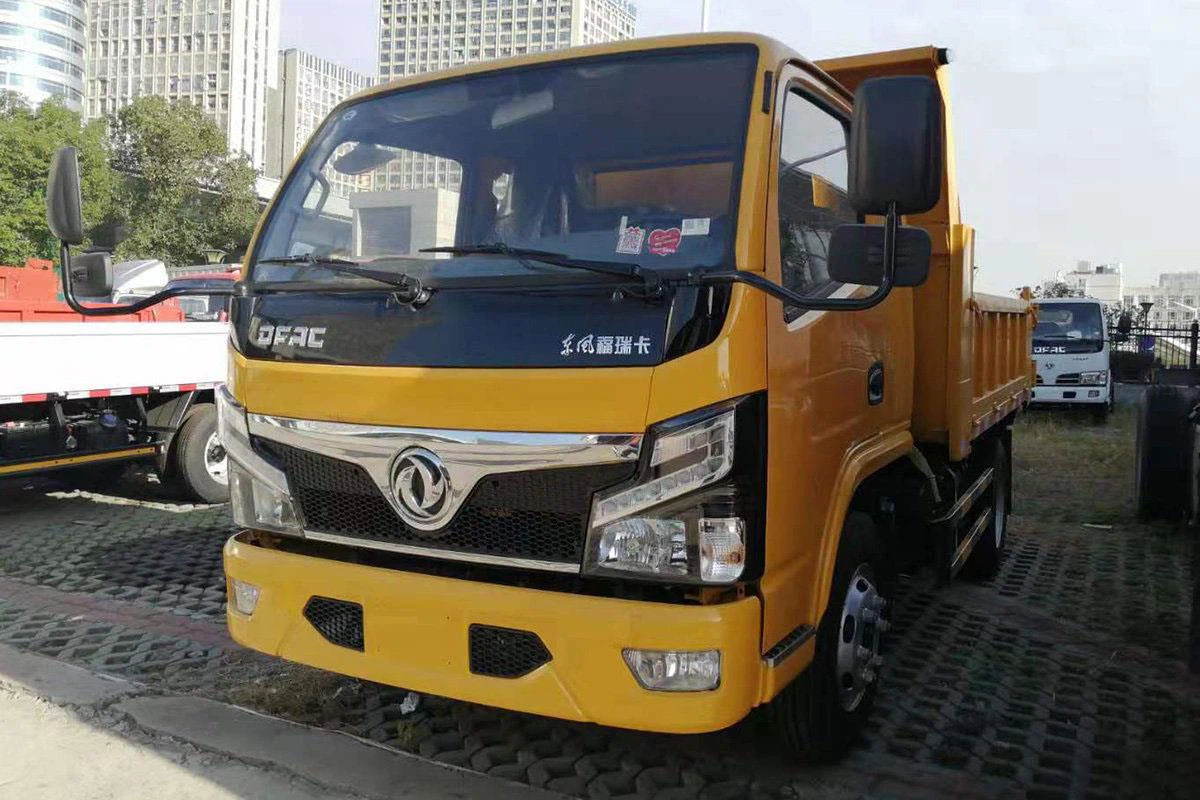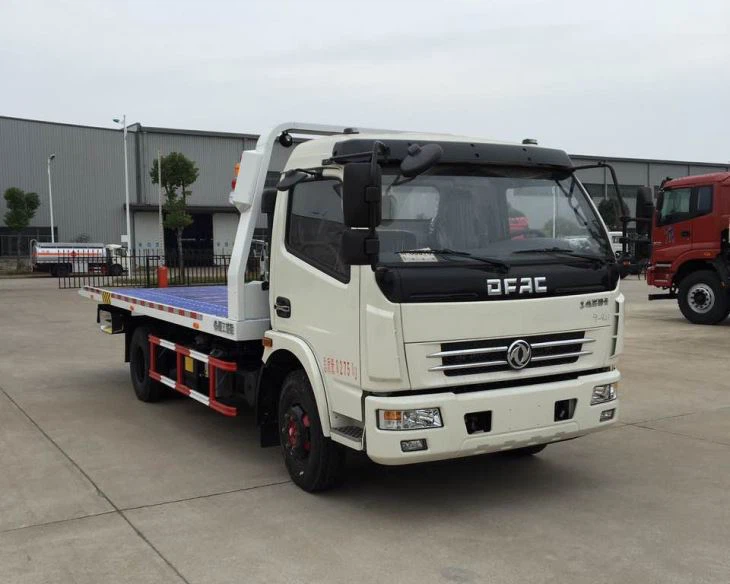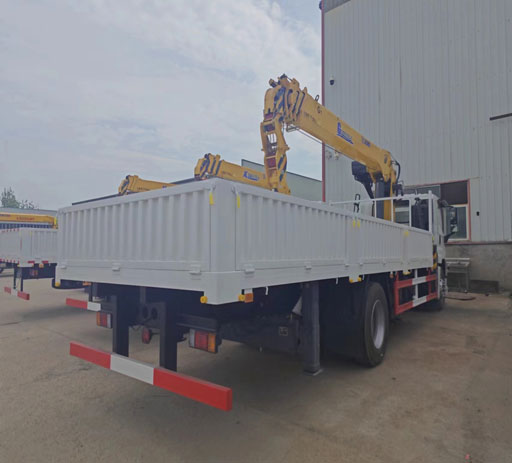Understanding Waste Disposal Trucks: A Comprehensive Guide

Waste disposal trucks play a crucial role in keeping our communities clean and managing waste efficiently. As the backbone of municipal solid waste management systems, these vehicles ensure that waste is collected, transported, and disposed of responsibly. In this article, we will delve deeply into the types, functions, benefits, and critical considerations related to waste disposal trucks.
Types of Waste Disposal Trucks
Waste disposal trucks come in various types to accommodate different waste management needs. Below are the primary types of waste disposal trucks:
1. Front Loader Trucks
Front loader trucks are designed with a large container at the front that lifts and empties waste bins. These trucks are efficient for commercial and industrial waste collection.
2. Rear Loader Trucks
Rear loader trucks have a compartment at the back where waste is loaded. They are common in residential areas and can collect mixed waste from homes.
3. Side Loader Trucks
Side loader trucks have mechanisms on one side for lifting bins. These trucks allow for simultaneous collection of multiple bins and are often used in neighborhoods with tight streets.
4. Vacuum Trucks
Vacuum trucks use suction to remove liquid waste or sludge from various areas. They are primarily used for cleaning septic tanks and managing hazardous waste.
5. Roll-off Trucks
Roll-off trucks are used to transport large containers or dumpsters that roll off the truck bed. This type is ideal for construction sites or large-scale cleanouts.
6. Garbage Compactor Trucks
These trucks compact waste within the truck body to maximize space. Their ability to compress waste prevents overflow and reduces the number of trips needed to disposal sites.
Key Features of Waste Disposal Trucks
Understanding the features of waste disposal trucks can help municipalities and businesses choose the right vehicle for their needs. Here are some essential features:
1. Load Capacity
The load capacity refers to the amount of waste a truck can carry. Different models can carry anywhere from 4 to 30 cubic yards of waste.
2. Compaction Ratio
The compaction ratio indicates how much waste the truck can compact. A higher ratio means more waste can be stored in a single trip, which saves fuel and resources.
3. Engine Type
Most waste disposal trucks utilize diesel engines due to their power and durability, although there’s a growing trend toward electric vehicles.
4. Aerodynamic Design
Modern trucks have designs that reduce wind resistance to improve fuel efficiency. This feature is becoming increasingly important as fuel prices rise.
5. Safety Features
Many waste disposal trucks come equipped with safety mechanisms such as cameras, sensors, and automated lifting systems to protect drivers and pedestrians.
6. Environmentally Friendly Options
Some manufacturers now produce zero-emission or low-emission waste disposal trucks. These vehicles help municipalities meet sustainability goals by reducing air pollution.
Benefits of Using Waste Disposal Trucks
Waste disposal trucks offer multiple benefits for efficient waste management:
1. Efficient Waste Collection
Trucks are designed to collect large volumes of waste quickly, ensuring that communities remain clean.
2. Improved Public Health
By promptly removing waste, these trucks help prevent health hazards associated with stagnant waste.

3. Environmental Protection
Proper waste disposal prevents pollution, conserving natural resources and protecting ecosystems.
4. Cost-Effectiveness
Investing in waste disposal trucks reduces the need for manual labor and minimizes operational costs over time.
5. Job Creation
The waste disposal industry generates employment opportunities through driving, maintenance, and management roles.
Maintenance and Safety of Waste Disposal Trucks

To ensure the longevity and safety of waste disposal trucks, regular maintenance is crucial. Here are practical tips:
1. Regular Inspections
Conduct routine inspections of brakes, tires, lights, and hydraulic systems to guarantee optimal performance.
2. Use of Proper Lubricants
Using the right lubricants can enhance the vehicle’s efficiency and lifespan. Follow manufacturer recommendations for lubricants.
3. Cleaning the Truck
Maintaining cleanliness helps control odors and keeps the truck in good condition. Wash the truck regularly, both inside and out.
4. Training for Operators
Ensure that operators are trained adequately on handling waste disposal trucks, focusing on safety and operational efficiency.
Practical Examples of Waste Disposal Trucks in Action
To understand the effectiveness of waste disposal trucks, let’s look at a few practical examples:
1. Municipal Waste Management
In cities like San Francisco, waste disposal trucks are crucial for managing both residential and commercial waste effectively. Advanced routing systems help optimize waste collection routes.
2. Disaster Recovery Operations
During natural disasters, specialized waste disposal trucks are essential for quick removal of debris and hazardous materials to ensure public safety.
3. Construction Site Cleanup
Roll-off trucks are extensively used on construction sites for efficient removal of waste materials, keeping the site safe and organized.
4. Event Waste Management

At large public events, waste disposal trucks are employed to manage waste generated by attendees, ensuring cleanliness and hygiene.
Purchasing or Leasing Waste Disposal Trucks
Deciding to purchase or lease waste disposal trucks involves several considerations:
1. Budget
Your budget will dictate whether you can buy new or used trucks or if leasing is the better option.
2. Truck Usage
Understand the intended use and expected frequency of operations, which will inform your decision on the type and quantity of trucks.
3. Maintenance Costs
Factor in ongoing maintenance costs when calculating the overall expense of ownership versus leasing options.
4. Resale Value
Consider the potential resale value of the trucks if you plan to buy. Some brands hold their value better than others.
5. Financing Options
Explore financing options available through dealerships or banks, which can provide flexibility in your purchasing strategy.
Future Trends in Waste Disposal Trucks
The waste management industry is continually evolving. Here are some future trends to watch:
1. Electric Waste Trucks
With an increased focus on reducing carbon footprints, more municipalities are exploring electric waste disposal trucks for sustainable operations.
2. Automated Collection Systems
Automation technologies are enhancing operational efficiency by enabling autonomous waste collection systems.
3. Smart Waste Management
Smart technology integration, such as real-time tracking and route optimization, is becoming more prevalent in waste disposal systems.
4. Recycling and Waste Segregation
As municipalities push for increased recycling efforts, waste disposal trucks are being equipped with tools to support waste segregation at the source.
FAQ Section
1. What types of waste can waste disposal trucks handle?
Waste disposal trucks can handle a variety of waste types, including household garbage, commercial waste, recyclable materials, and construction debris. Specialized trucks are available for hazardous waste as well.
2. How often should waste disposal trucks be maintained?
Regular maintenance depends on the usage but should generally occur every 3,000-5,000 miles or upon completing specific operational cycles. Safety checks should be conducted more frequently.
3. Can waste disposal trucks be leased?
Yes, many companies offer leasing options for waste disposal trucks, which can be a viable alternative to purchasing, especially for short-term needs.
4. What factors affect the cost of a waste disposal truck?
The cost of a waste disposal truck is influenced by its type, size, load capacity, features, brand, and whether it is new or used.
5. Are there environmentally friendly waste disposal trucks?
Yes, some manufacturers produce waste disposal trucks that use electric power or have low-emission engines to decrease their environmental impact.
6. How do I choose the right waste disposal truck for my needs?
Evaluate your specific requirements such as the volume of waste, type of waste, frequency of collection, and budget to determine the most suitable waste disposal truck.
